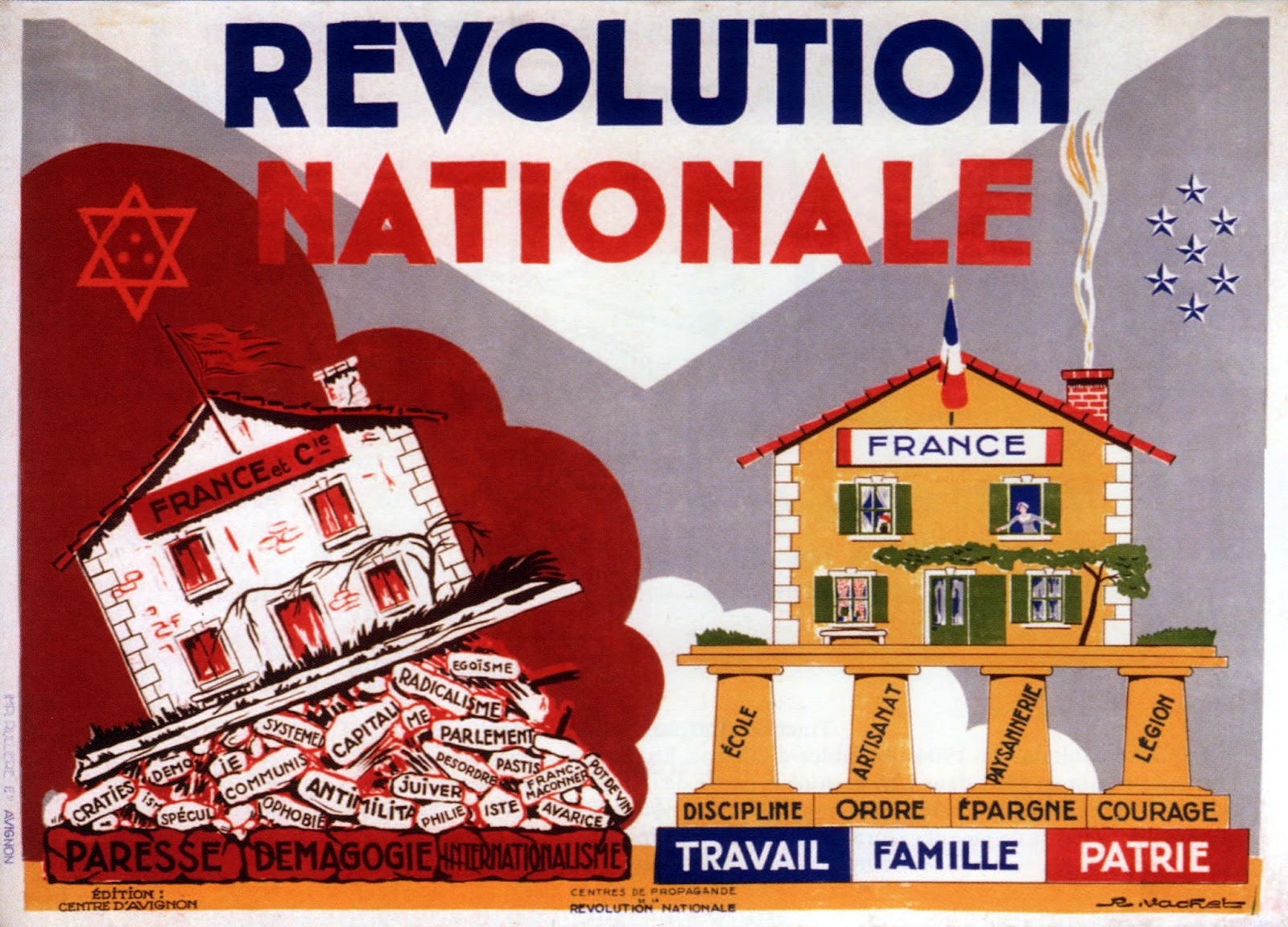
Defeatism was rife in France, and a dramatic step was needed to encourage the country to keep fighting from its colonies, and to stop the French fleet from falling into German hands. On May 10, 1940, Germany had begun a relentless Blitzkrieg assault on France, and within a month, French resistance had largely collapsed. But the drama of that near-fusion can help explain the origins of European integration-and the reasons why Britain ultimately pulled away from the European Union in the decision we know as Brexit. Although that battle story is fairly well known, the accompanying political drama that almost saw Britain and France merge is now largely forgotten. This was just two weeks after British and French troops were rescued from the beaches of Dunkirk, where they had become surrounded by German troops-a story captured in the new Christopher Nolan film Dunkirk.

These two great symbols of patriotism and national independence made an incredible agreement: Britain and France should be united into a single country called the “Franco-British Union.”

On June 16, 1940, with Nazi Germany on the brink of crushing France, British prime minister Winston Churchill and French undersecretary of defense Charles de Gaulle met for lunch at the Carlton Club in London.


 0 kommentar(er)
0 kommentar(er)
